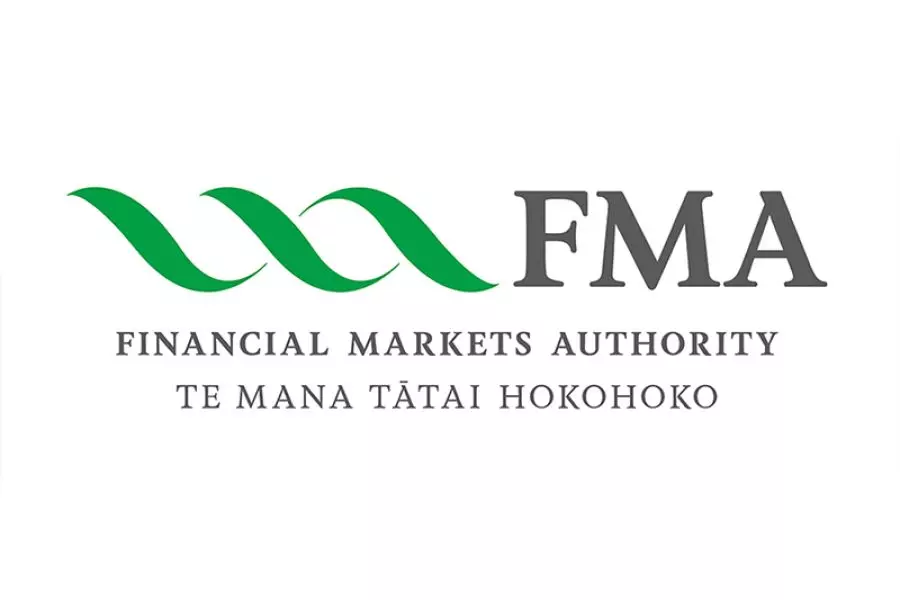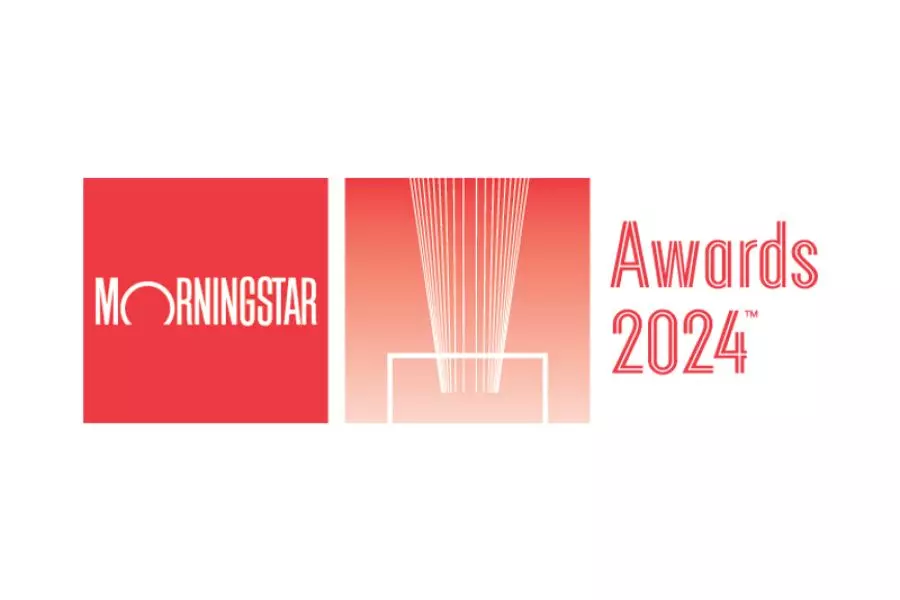News
Rents higher under property managers

Tuesday 14th of February 2023
As home ownership falls, property managers are increasingly present in the lives of the one in three households that now rent.
More than 40% of those tenancies are overseen by property managers on behalf of landlords and over the past 20 years, the number of property managers has more than doubled.
To landlords, property managers provide a valuable service, taking care of the da...
Want to read the full article?
Click the button below to subscribe and will have unlimited access to full article and all other articles on the site.









![[The Wrap] Bye Bye Bayly](https://goodreturns.publit.io/file/c_fill,w_900,h_600/39f23ac1-f7c7-4854-b700-a150004ebbac.webp)